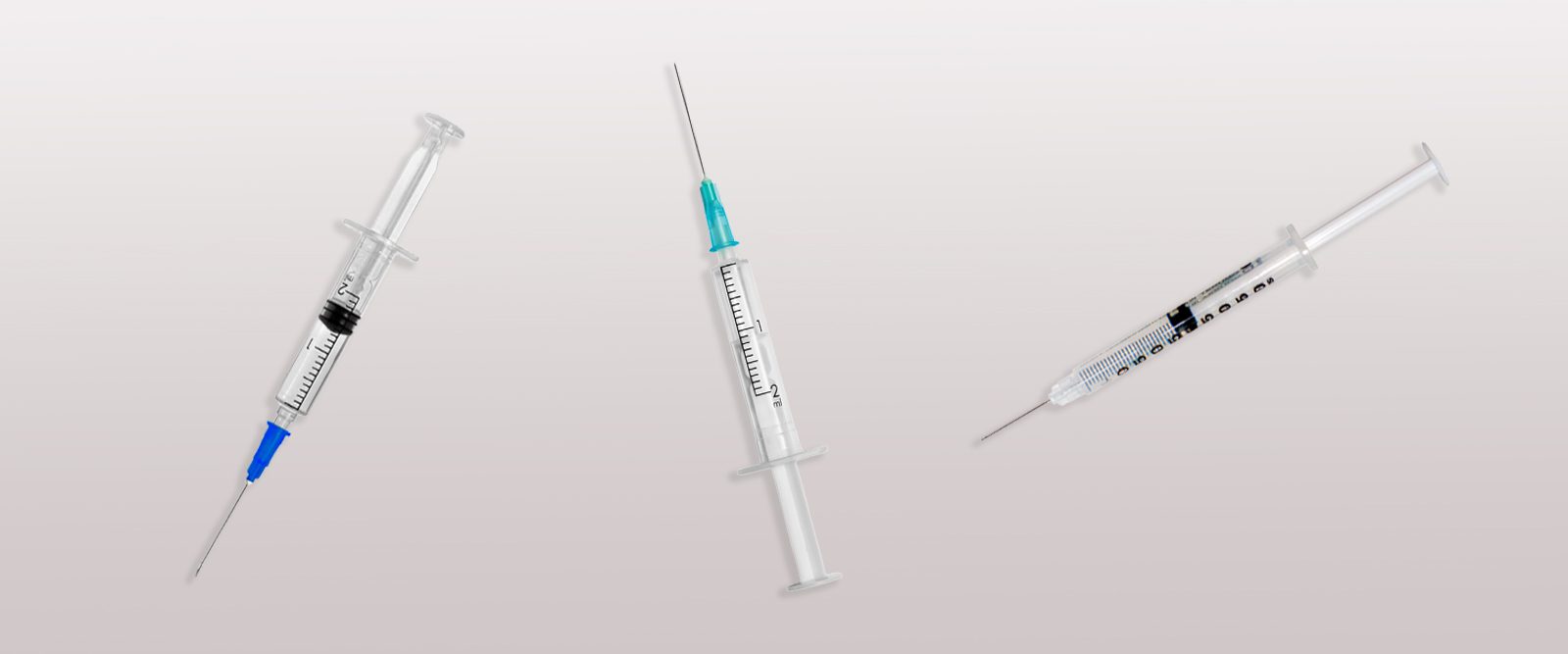How to Prepare for COVID, Flu, and RSV Season
A primary care doctor explains the vaccines that are important to get this fall and who should get them.

This fall and winter, new immunizations for three major respiratory illnesses — COVID, the flu and RSV — will be widely available at doctor’s offices and pharmacies. Last year, all three viruses came together to create a so-called “tripledemic”. While it’s difficult to predict the severity this season, we do know that now is the time to prepare. The question is, what shots should you get? And when should you get them?

Dr, Keith Roach
“Respiratory illnesses like COVID, the flu, and RSV tend to be worse in October through April, with the largest wave in December and January,” says Dr. Keith Roach, a general internist and an associate attending physician at NewYork-Presbyterian/Weill Cornell Medical Center. “The best way we can prevent a surge is with immunizations. Whether we have a terrible season, or a light season, also depends on mask wearing. I understand we are tired of wearing them, but masking works.”
Dr. Roach shared with Health Matters what to know about the COVID, flu, and RSV immunizations and ways to protect yourself and your community from illness in the coming months.
COVID Vaccines
When is the best time to get the COVID vaccine?
Get your COVID vaccine as soon as possible. COVID is a persistent threat and cases are high right now. If you are vaccinated, you will get immediate protection and your risk of severe illness or hospitalization will be low.
Who should get the COVID vaccine?
The Centers for Disease Control and Prevention (CDC) recommends that everyone ages 6 months and older should get an updated COVID vaccine. The vaccine is particularly important for people who are age 65 or older; pregnant; have an underlying health condition that puts them at higher risk for serious outcomes; or have certain disabilities that may increase their risk. I tell my patients to make sure they get the updated vaccine because it is designed to protect against the newer COVID variants.
If you just had COVID, should you wait to get the vaccine?
Yes. A COVID infection produces antibodies that offer some protection, so there’s no point in wasting the benefit of the vaccine. Wait three or four months after the infection before getting vaccinated.
Flu Vaccine
What do you expect for this flu season?
We don’t know yet. Australia is usually an indicator of what we will experience in the United States, and it looks like the vaccine was a good match with the flu strain this year, so you should absolutely get your shot.
When should you get the flu vaccine?
Flu season traditionally starts in New York in early December and goes all the way into May. The vaccine takes about two weeks to start working, so the best time to get vaccinated is October and November. Protection lasts for about six months.
Who should get it?
Everyone under 65 should get the regular, quadrivalent flu shot. For people who are over the age of 65, or especially vulnerable, we recommend the high dose — or adjuvanted — flu shot, which is a slightly higher dose and offers stronger protection. If you meet those criteria, we do prefer it.
And if you have an egg allergy, it doesn’t matter, you can get any vaccine that’s out there.
Can you get the flu and COVID vaccines at the same time?
Yes. Both arms are going to be sore, and you may be a little bit more likely to have those muscle aches and low-grade fever, but it’s perfectly safe. If it’s just as easy to go back to the pharmacy, or you’ve got another doctor’s appointment, then you can split them up.
Where are the COVID and flu vaccines available?
The vaccines are the same wherever you go, whether it’s a chain pharmacy, independent pharmacy, a health clinic, or your doctor’s office. Most people with health insurance — including plans through the Affordable Care Act, Medicare, and Medicaid — will have vaccines covered, so you should not have to pay out of pocket for them.
RSV Vaccines
What should people know about RSV?
RSV is a highly contagious respiratory illness that spreads in the fall and winter. Most people have mild symptoms, however if you’re very young or very old, it can trigger asthma or chronic pulmonary disease. Getting the RSV vaccine will save lives and prevent hospitalizations.
Who should get the RSV shot?
Two RSV vaccines are now available for adults ages 60 and older. It is especially important to get the vaccine if you are an older adult and have an underlying heart or lung condition of if you are immunocompromised. The good news is, once you get the vaccine, you have long-term protection — unlike the flu or COVID shots, the RSV vaccine doesn’t need to be updated every year.
Last week, the CDC also recommended the RSV vaccine for pregnant people in the last weeks of pregnancy to protect newborns from the virus. And a new RSV antibody shot to protect infants and some high-risk children against RSV is now available.
Can you get the RSV vaccine at pharmacies?
For adults ages 60 and older, the vaccines are available at doctor’s offices and some major pharmacies. Pregnant people and infants can get immunized through health care providers.
Is it safe to get all three shots at the same time?
Yes, or you can spread it out. Regardless, it’s better to get vaccinated sooner rather than later.
